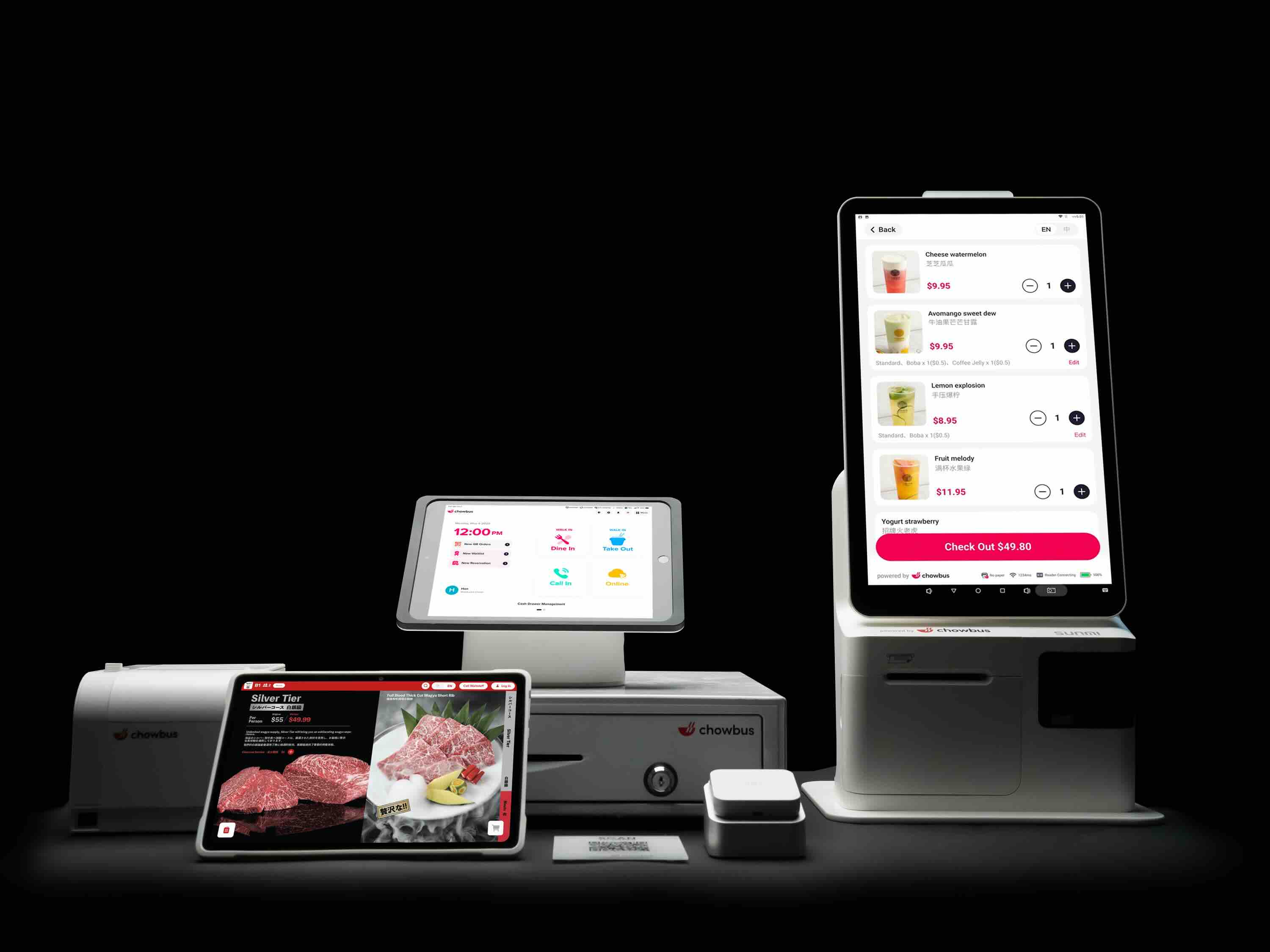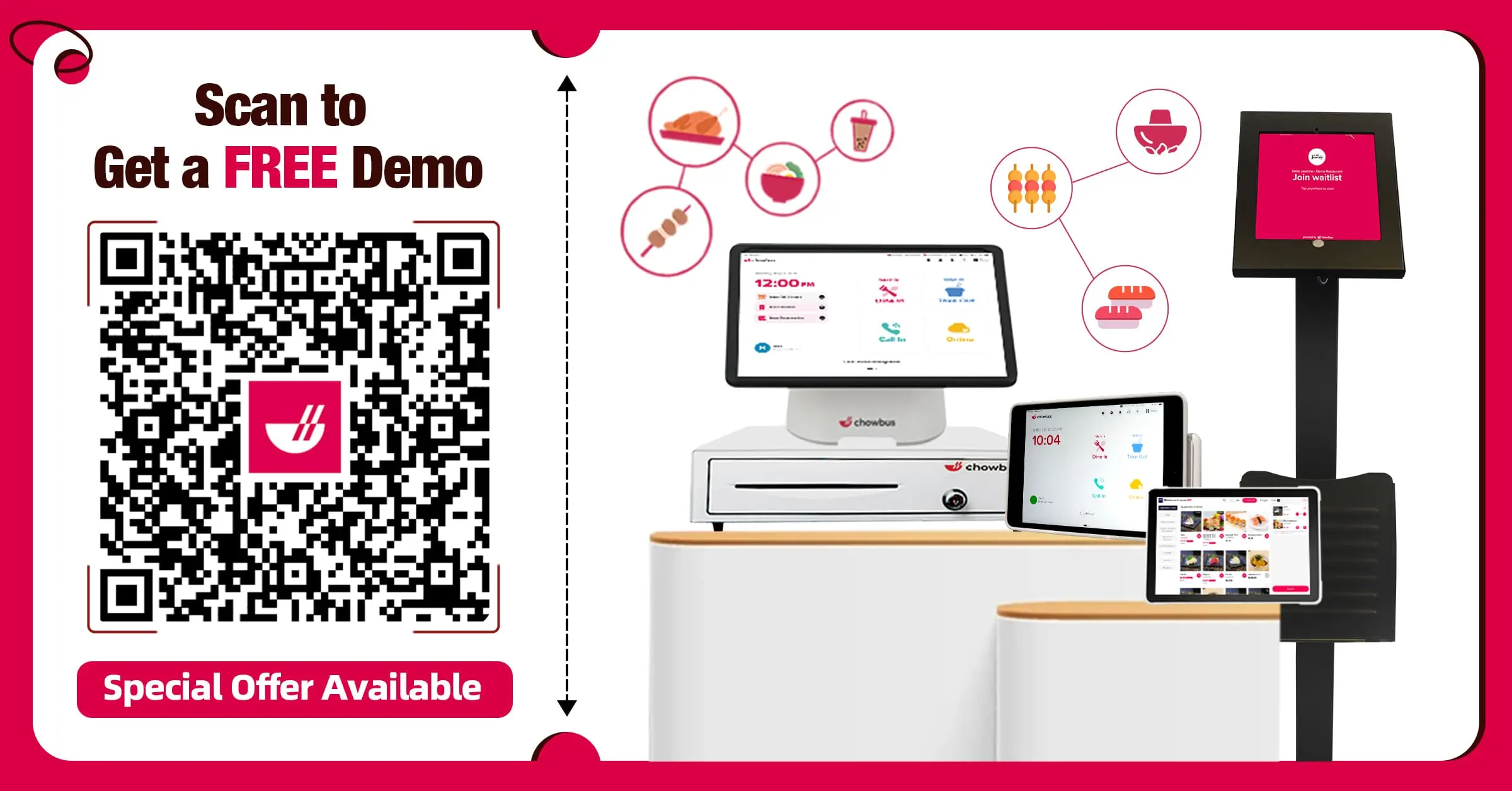What is a Sommelier | How to Become a Sommelier in 6 Steps

When you hear the term “sommelier,” visions of fine dining and exquisite wine selections may come to mind. But what is a sommelier, exactly?
In this blog, you’ll not only learn what a sommelier is, but you’ll also learn how to become a sommelier and understand the crucial role these wine experts play in enhancing the dining experience. From selecting the perfect wine to match a dish to managing an extensive wine cellar, a somm’s expertise can transform your restaurant or wine bar into a memorable destination for patrons.

What is a Sommelier?
A sommelier is a professional wine expert who specializes in all aspects of wine service, including wine pairing, wine storage, and wine presentation. These trained and knowledgeable individuals are your go-to authority when it comes to curating the perfect wine list, recommending wines to your customers, and ensuring that each glass is served at the correct temperature and in the appropriate glassware.
Originating in France, the term “sommelier” was initially used to describe a court official responsible for transporting supplies, which notably included wine.
Pronounced as ‘suh-mel-yay,’ a sommelier today embodies a wealth of knowledge and passion for wine that can significantly enhance the overall experience at your restaurant or wine bar.
What Does a Sommelier Do?
A sommelier is far more than a wine enthusiast. This role is essential in curating a memorable wine experience for guests. Here are some of the typical duties and responsibilities of a sommelier:
1. Wine Selection and Procurement
A sommelier possesses a deep understanding of different wine regions, grape varieties, vintages, and winemaking techniques. This knowledge is crucial in selecting wines that not only resonate with your venue's theme and menu but also cater to the diverse palates of your clientele. From liaising with suppliers to navigating global markets, a sommelier ensures your wine offerings are distinctive, high-quality, and financially viable.
2. Wine List Development
The creation of a wine list is an art form that requires not just a passion for wine but also strategic thinking. A sommelier curates a balanced, accessible, and enticing wine list that complements your culinary offerings and enhances the overall dining experience. Through meticulous selection and thoughtful categorization, they ensure that each bottle listed is a testament to your establishment's commitment to quality and sophistication.
3. Wine Education and Training
A sommelier is also an educator, dedicated to enhancing the knowledge of your staff. From conducting regular training sessions to providing detailed tasting notes, they empower your team to communicate confidently about wine, ensuring that the service provided is as refined as the beverages served.
4. Wine Inventory and Cellar Management
Effective management of wine inventory and the cellar is pivotal. A sommelier implements systematic approaches to ordering, storing, and rotating stock, ensuring that each bottle is preserved at its optimal condition and ready to be enjoyed at its peak.
5. Wine Quality Control
With an astute palate and an eye for detail, a sommelier is responsible for quality control. They scrutinize each bottle for authenticity and quality, ensuring that what is served to your guests is in line with the establishment's standards of excellence.
6. Wine Service and Pairing Recommendations
The sommelier enhances the dining experience by offering personalized wine pairing recommendations, aligning the complexities and flavors of the wine with the culinary nuances of each dish, thereby creating a harmonious dining experience that is sure to impress.
7. Wine Sales and Revenue Generation
Beyond the sensory experience, a sommelier contributes significantly to the financial aspect of your business. Through strategic upselling, crafting exclusive wine events, and fostering a culture of wine appreciation, they drive wine sales and, consequently, revenue growth.
8. Wine Tastings and Events
Hosting wine tastings and thematic events under the guidance of a sommelier not only enriches your brand image but also attracts a clientele eager for unique and sophisticated experiences. These events are instrumental in showcasing your establishment's commitment to wine culture and education.
How to Become a Sommelier
Embarking on the journey to become a sommelier is as thrilling as it is demanding. It's a path paved with dedication, knowledge, and an unyielding passion for wine. Here, we outline the steps to guide you or your team members through this rewarding process.
Step 1: Develop a Passion for Wine
The journey begins with a genuine passion for wine. If you or someone on your team is considering becoming a sommelier, start by immersing yourself in the world of wine. Attend tastings, read books, and explore different wine regions to develop a deep appreciation for this beverage.
Step 2: Formal Education
Consider enrolling in a formal wine education program. Look for reputable institutions or wine schools that offer courses tailored to different skill levels. These programs provide a solid foundation in wine knowledge, including grape varieties, wine production, and wine regions.
Step 3: Gain Practical Experience
Practical experience is invaluable in the world of wine. Seek opportunities to work in restaurants, wine bars, or wineries to apply your knowledge. Starting as a server or bartender is often a great entry point, allowing you to learn the ropes of wine service and customer interactions.
Step 4: Pursue Certification
Choose a certification path that aligns with your career goals. Options include:
Introductory Level: Ideal for beginners looking to build a strong foundation.
Intermediate Level: Suitable for those with some experience who want to deepen their expertise.
Advanced Level: Geared towards individuals committed to pursuing a sommelier career.
Master Level: The pinnacle of sommelier certification, designed for those aiming to achieve the highest level of expertise.
Prepare diligently for the certification exams, which typically include written and practical components. Success in these exams opens doors to sommelier positions.
Step 5: Network and Stay Informed
Networking is crucial in the wine industry. Attend industry events, join wine associations, and connect with fellow sommeliers, winemakers, and distributors. Staying informed about new trends and developments in the wine world will enhance your credibility and marketability as a sommelier.
Step 6: Continue Learning
The journey doesn't end with certification. Continue learning and refining your skills. Attend workshops, participate in blind tastings, and seek mentorship from experienced sommeliers to further your expertise.
By following these steps, you or your team members can embark on a fulfilling career as a sommelier and contribute to the success of your restaurant or wine bar.
Sommelier vs Master Sommelier
The difference between a Sommelier and a Master Sommelier lies in the level of expertise, certification, and responsibilities.
A Sommelier is generally a wine steward in a restaurant, responsible for managing the wine service, including selecting wines, assisting guests with wine choices, and overseeing the wine service staff. The term ‘Sommelier’ is more of a job title than an academic distinction or certification. While sommeliers may have various levels of formal wine education, their primary role is in the context of a restaurant or similar establishment.
On the other hand, a Master Sommelier is a title conferred by the Court of Master Sommeliers (CMS) and represents a much higher level of achievement in the field. The title is considered one of the highest and most prestigious in the wine and beverage service world.
To become a Master Sommelier, one must pass a series of highly rigorous exams that cover a vast range of knowledge and skills, including theoretical knowledge of wine regions and wine-making, blind-tasting skills, and practical restaurant service skills. The process is known for being extremely challenging and can take several years, with a final exam that is by invitation only. The Master Sommelier program was established to encourage improved beverage knowledge and service standards in hotels and restaurants.
To earn the Master Sommelier diploma and title, a candidate must successfully pass four examinations:
Introductory Sommelier Course & Exam
Certified Sommelier Exam
Advanced Sommelier Course & Exam
Master Sommelier Diploma exams
A Master Sommelier is recognized for their outstanding tasting and evaluation skills, wine knowledge, and exceptional abilities in service and beverage department management. Many of the finest hotel and restaurant beverage programs are led by Master Sommeliers. The title guarantees a potential employer that the candidate is among the most qualified in the industry.
How Long Does it Take to Become a Sommelier?
The journey to become a sommelier involves several steps and examinations. Initially, you need to pass the Introductory Sommelier Course & Exam. After completing this, you have a timeframe of 3 years, extendable to 5 years, with a recommendation from a Master Sommelier directly mentoring you, to take the Certified Sommelier Exam. This Certified Sommelier Exam is quite comprehensive and consists of a three-day course followed by a three-day examination covering theory, tasting, and service in-depth.
Here's a breakdown of the key components and their time commitments:
Introductory Sommelier Course & Exam: This takes place over two days, from 8:00 AM to 6:00 PM, with the exam typically held around 4:00 PM on the second day. This intense and fast-paced course covers a broad range of topics related to wine and other beverages.
Time Allowed Between Exams: After passing the Introductory Sommelier Course & Exam, you have 3 to 5 years to take the Certified Sommelier Exam.
Certified Sommelier Exam: This one-day examination includes a tasting examination where candidates must describe and identify four wines within 30 minutes using the Court of Master Sommeliers' deductive tasting method.
To qualify for the Certified Sommelier Exam, you must be a Certified Sommelier and have a minimum of two years of restaurant service experience.
The total time to become a sommelier can vary based on your schedule, how quickly you absorb the course material, and your ability to pass the exams. However, the structured time for courses and exams can span several days, with the additional time between exams potentially extending to several years, depending on when you choose to take the Certified Sommelier Exam within the allowable time frame.
Are There Other Types of Sommeliers Besides Wine?
Yes, several types of sommeliers specialize in various beverages beyond wine. Some of these include:
Beer Sommelier (Cicerone)
Coffee Sommelier (Q Graders)
Sake Sommelier
Whiskey Sommelier
Water Sommelier
Benefits of Having Sommeliers in Restaurants and Bars
Now that you're well-versed in what sommeliers do and how to become one, let's explore the compelling reasons to have sommeliers in your restaurant or wine bar:
Enhanced Customer Experience: Sommeliers elevate the dining experience by recommending perfect wine pairings, ensuring guests savor every bite and sip.
Increased Revenue: Wine sales often see a boost with the guidance of a sommelier. Patrons are more likely to explore new wines and spend more when expert recommendations are available.
Improved Inventory Management: Sommeliers ensure your wine inventory is efficiently managed, reducing waste and maintaining the quality of your selections.
Competitive Edge: Having a certified sommelier sets your establishment apart from competitors, attracting wine enthusiasts seeking a superior dining experience.
Education for Staff: Your entire staff benefits from sommelier-led training, enhancing their knowledge and service skills.
Wine Events and Promotions: Sommeliers can organize wine tastings, pairings, and events that attract a dedicated customer base and generate buzz for your business.
Adaptability: Sommeliers can adapt to changes in your menu, suggesting new pairings as dishes evolve.
Cultivate a Wine Culture: Having a sommelier promotes a culture of wine appreciation among both staff and customers, fostering a unique atmosphere.
With these advantages, incorporating a sommelier into your team becomes a strategic move to enhance the overall success of your restaurant or wine bar.
Wine Related Careers
While the role of a sommelier is undoubtedly prestigious, the world of wine offers many exciting career opportunities. Let’s explore some of the other vocations within the wine industry that can be pursued alongside or in lieu of becoming a sommelier:
Wine Maker: Crafting wine from grape to bottle is an art form. Becoming a winemaker allows individuals to create their own unique blends and varietals.
Wine Educator: Sharing wine knowledge can be incredibly rewarding. Wine educators teach classes, lead tastings, and conduct wine seminars for enthusiasts and professionals.
Wine Writer/Reviewer: If you have a way with words and a discerning palate, consider becoming a wine writer or reviewer. You can share your insights through articles, books, or blogs.
Wine Sales and Distribution: Working in wine sales and distribution involves connecting wineries with restaurants, wine bars, and retailers. This role requires a strong understanding of the industry and excellent negotiation skills.
Wine Importing and Exporting: Facilitating the international trade of wines can be a lucrative career. Importers and exporters bridge the gap between producers in one region and consumers in another.
Wine Retail: Managing a wine shop or online wine retail business allows individuals to curate their own wine selections and engage directly with customers.
Wine Tourism: In regions known for wine production, wine tourism is a growing industry. It involves organizing wine tours, tastings, and events for tourists and wine enthusiasts.
Wine and Beverage Director: This role involves overseeing the entire beverage program of a restaurant or hotel, which includes wine, cocktails, and non-alcoholic beverages.
Sommelier Trainer: Experienced sommeliers can transition into training and mentoring the next generation of wine professionals.
In addition to the various wine-related careers available, there are also different types of bars where wine enthusiasts can explore their passion.
Conclusion
As you consider the possibilities that sommeliers can offer, remember that their journey to expertise requires dedication and commitment. Whether you aspire to become a sommelier or hire one for your business, the world of wine and beverages is vast, with endless opportunities for exploration and growth.
If you're ready to enhance your establishment's beverage program, consider the benefits of having a sommelier on your team. Elevate your wine offerings, delight your patrons, and stand out in the competitive dining scene with the expertise of a certified sommelier.
Ready to take the next step in elevating your restaurant or wine bar's service and operations?
Consider exploring the best Bar POS System to streamline your bar management and enhance the customer experience. Book a consultation today to discover how advanced technology can complement the expertise of your sommelier and drive your establishment's success!

Frequently Asked Questions About What is a Sommelier
In this FAQ section, we'll address common questions related to the role and qualifications of sommeliers, including inquiries about their titles, levels of expertise, drinking preferences, and the prevalence of sommeliers in the United States and the world.
What is a Female Sommelier Called?
A female sommelier is generally referred to simply as a “sommelier,” regardless of gender. However, in French, a female sommelier can be specifically called a “sommelière.”
What is the Highest Level of Sommelier?
The highest level of sommelier is the Master Sommelier. To achieve this prestigious title, candidates must successfully pass a rigorous three-part examination, demonstrating extensive knowledge across various aspects of the wine industry. This includes a thorough understanding of global wine regions, adeptness in food and wine pairing, and the ability to accurately identify wines during a blind tasting. The title of Master Sommelier is internationally recognized and signifies a mark of excellence in the wine profession, requiring years of dedicated study, practice, and experience.
Can You Be a Sommelier and Not Drink?
Yes, you can be a sommelier and not drink. The role of a sommelier is evolving, and a growing number of wine professionals, including sommeliers, are choosing sobriety. Laura Vidal, a France-based sober sommelier, emphasizes that it's possible to appreciate wine without consuming alcohol. She and others in similar positions taste wines and spit them out, ensuring they remain sober while still engaging with the wine's characteristics. This approach allows sommeliers to maintain their professional duties, like wine tasting, pairing, and consulting, without alcohol consumption.
How Many Sommeliers are There in the US?
In the US, there are currently 168 professionals who hold the title of Master Sommelier as part of the Americas chapter since the organization's inception. Among them, 143 are men, and 25 are women.
How Many Master Sommelier in the World?
Since its inception in 1969, the title of Master Sommelier has been awarded to 273 distinguished professionals globally.
What is a Wine Sommelier?
A wine sommelier is a trained and knowledgeable wine professional typically working in fine dining establishments. They specialize in all aspects of wine service, including wine and food pairing, and are skilled in presenting, recommending, and serving wine to enhance the dining experience.

Recommended Articles: